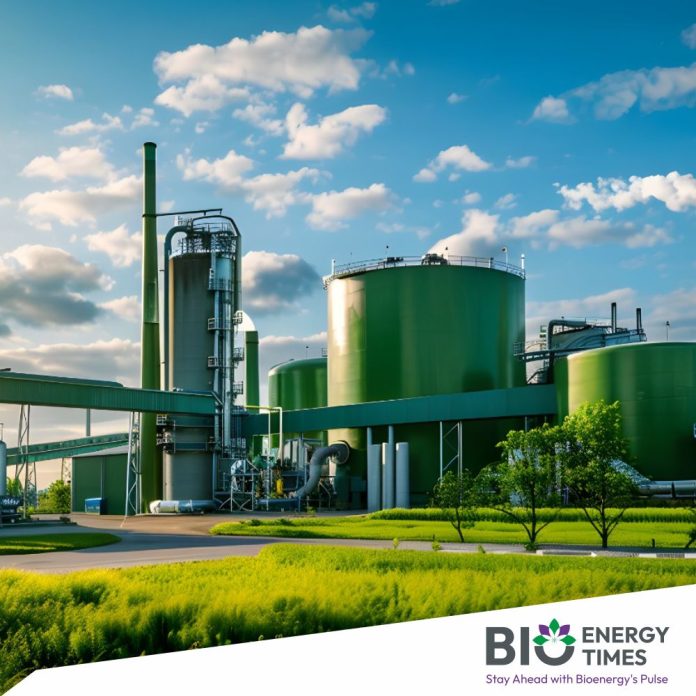Panaji: Chief Minister Pramod Sawant has highlighted Goa’s achievements in renewable energy and waste management, saying the state has been leading by example in Asia and globally, reports The Economic Times.
Speaking at a Goa Energy Development Agency (GEDA) event, Sawant said Goa was the first state to set up a municipal solid waste-to-biogas and biogas-to-energy plant, which has been running successfully for the past nine years.
He noted that Goa has already transported five lakh tonnes of refuse-derived fuel for co-incineration in cement plants, helping save three lakh tonnes of coal. He also pointed out that Goa became the first state in Asia to launch a deposit refund scheme, and the first in the world to apply it to multi-layered plastic waste, which typically has no value.
Sawant announced that a new plant will soon be established to convert multi-layered plastic into fuel, further reducing the state’s carbon footprint.
On the energy needs of local industries, he said Goa requires 300 tonnes of biomass briquettes daily to run boilers, which are currently supplied by neighbouring states since Goa does not generate significant agricultural biomass. Instead, the state produces horticulture waste, coconut waste, garden waste, and tree trimmings, which are now being channelled for biomass use.
To support this, GEDA has launched a portal to aggregate biomass, helping horticulturists and local bodies earn income from waste. Sawant added that the 40-tonne-per-day biomass plant set up at Saligao is operating successfully, and the government is encouraging more such plants across other talukas.
Reaffirming Goa’s climate goals, Sawant said the state aims to achieve net zero emissions by 2050 through clean mobility, improved energy efficiency, and greater use of renewable sources.















